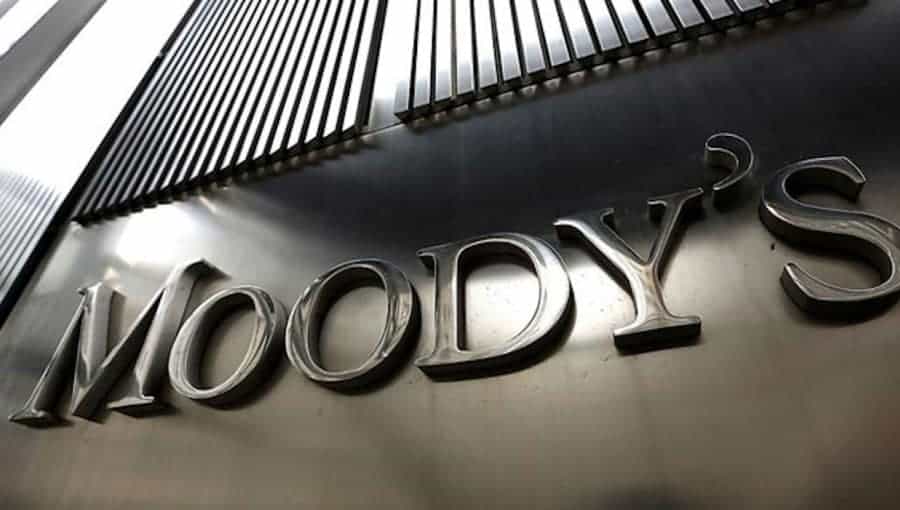Wildfire-related costs are manageable, but events highlight vulnerability to climate change for Greece, Moody's said in a report on Wednesday.
The credit rating agency said that over the last two weeks, Greece has experienced its worst wildfires in decades in what Prime Minister Kyriakos Mitsotakis has described as a natural disaster.
While European emergency funding will cover a large portion of the associated costs and additional reconstruction, and compensation expenses are manageable for the government, the events highlight Greece's elevated exposure to environmental risks, particularly those stemming from climate change, Moody's said.
In response, the government on 10 August announced 500 million euros (0.3% of nominal GDP) of measures for compensation, restoration and reconstruction.
The government will also incur other firefighting-related costs, including the lease of special aircraft, and will need to upgrade other firefighting equipment and civil protection structures.
As a reference, devastating wildfires in 2007 - the worst in Greece’s recent history, which affected 270,000 hectares of land - caused estimated total damage of close to 3 billion euros (1.3% of nominal GDP).
Aside from direct fiscal support, disruption triggered by wildfires, including power and water outages, poor air quality and road closures is also likely to weigh on tourism, a credit negative for the country's local governments.
Emergency support from the EU and funds available under the NextGen EU package will limit the wildfires' immediate negative fiscal impact.
Greece has already received support under the EU Civil Protection Mechanism, including the deployment of nine planes, almost 1,000 firefighters and 200 vehicles from more than 10 EU member states, and the European Commission will also cover at least 75% of the related transport costs.
Greece could access funding of around 2.5 to 3 billion euros from different sources, including projects for civil protection and reforestation.
On 9 August, the EC disbursed 4 billion euros in pre-financing to Greece under the NextGen EU package, equivalent to 13% of the country's grant and loan allocation under the EU’s Recovery and Resilience Facility.
"Nevertheless, we believe the wildfires are indicative of the credit risks from climate change, which we capture in Greece's “ moderately negative” environmental issuer profile score.
While the causes of the blazes have yet to be determined, Southern Europe has experienced its worst heat wave in almost three decades, with Greece seeing temperatures of up to 45 degrees Celsius.
This is significant in the context of the findings of a report published by the UN's Intergovernmental Panel on Climate Change on 9 August that suggested that once-in-50-year heat waves are now likely every decade. Although Greece is likely to continue to benefit from financial support from European institutions, a further increase in the frequency and severity of these events could weaken its tourism industry.
In addition, environmental damage and a potential decrease in property tax bases pose longer-term credit challenges for local governments," Moody's said.
READ MORE: Greece: The BIGGEST fire of all time, up to 700,000 acres have been burned.


